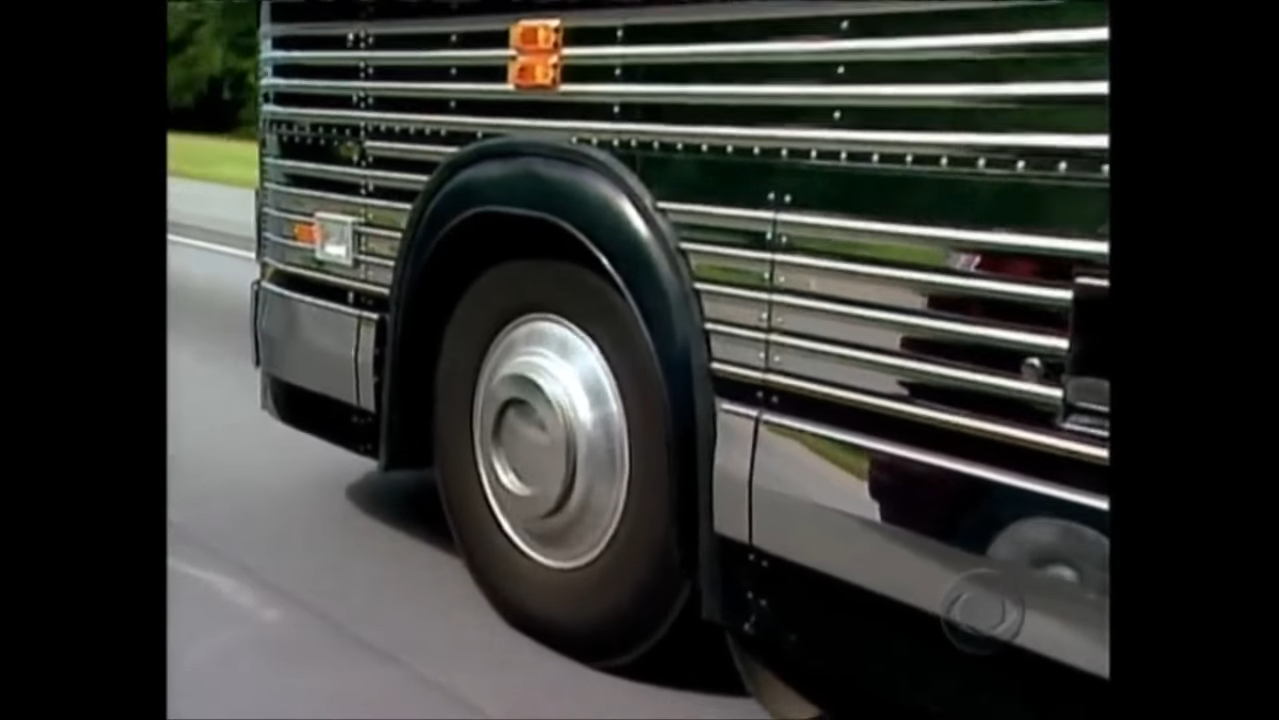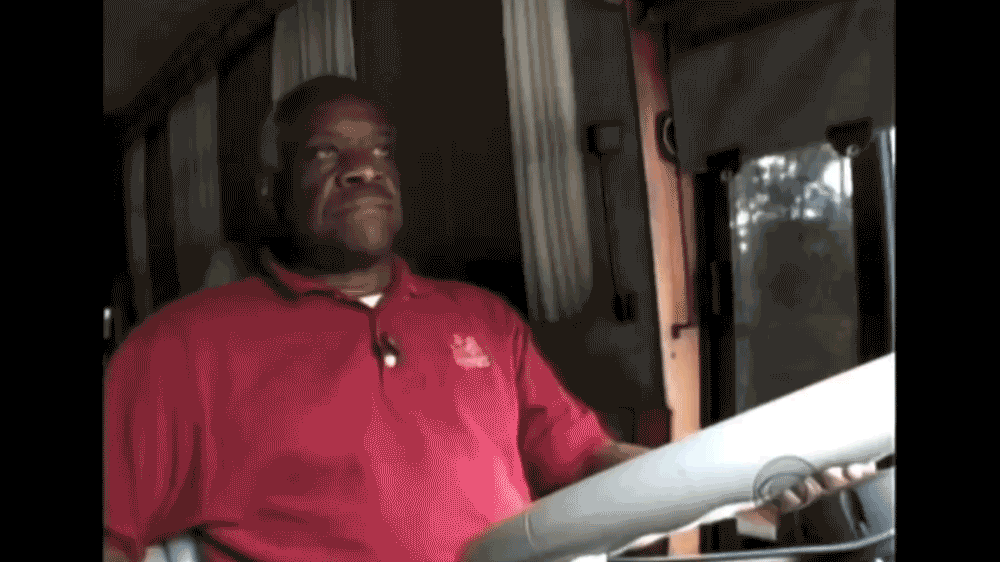Justice Clarence Thomas Bought An RV With A Loan That Was Later Forgiven: Report
The Supreme Court justice is under scrutiny for buying a recreational vehicle with a loan that was reportedly forgiven years later.
A Senate inquiry found that Justice Clarence Thomas failed to repay most, if not all, of a quarter million dollar loan that funded the purchase of his 40-foot RV.
Loan documents show the Supreme Court justice borrowed $267,230 in 1999 to buy a Prevost Marathon Le Mirage XL, as the New York Times reports. According to the inquiry's findings, Justice Thomas borrowed the money from Anthony Welters, a wealthy family friend, to buy the RV. The justice paid back only a portion of the interest (though that payment is in question) and he was given an extension on the loan.
The loan was forgiven after having been "satisfied", but the justice's attorney has been unable to provide proof of payment. And Welters has likewise been unable to prove Justice Thomas repaid much of the loan before it was forgiven on the basis of its terms being met. Per the Times:
Mr. Welters, in response to questions from the Finance Committee, shared loan documents dated Dec. 6, 1999, showing that he lent Justice and Mrs. Thomas the entire purchase amount at an annual interest rate of 7.5 percent. While that rate was in line with what might have been found in the marketplace at the time, what made the arrangement unusually favorable was that over the course of the five-year loan, Justice Thomas did not have to pay down any of the principal.
Instead, he simply had to make annual interest payments of $20,042. The principal amount borrowed would come due in a balloon payment on the loan's maturity date, in December 2004. Vehicle loans like this one are very uncommon, experts said, because of the risk to the lender: The value of the collateral securing the loan — in this case, a motor coach — depreciates rapidly, while the outstanding principal remains constant.
[...]
But in 2004, when the principal came due, Justice Thomas did not make good on his debt, according to records obtained by the committee and cited in their report. Instead, Mr. Welters granted him a 10-year extension, with the same interest-only terms. This, despite the fact that the previous year Justice Thomas had collected $500,000 of a $1.5 million advance for his autobiography, according to his financial disclosures.
Then, in late 2008, Mr. Welters simply forgave the balance of the loan, according to the committee's report.
If the Senate Finance Committee report cited by the Times turns out to be true, the findings therein are tantamount to Justice Thomas having received an RV for little to no money courtesy of the personal loan from Welters.
The understanding was that Justice Thomas would pay only the interest (at a rate of 7.5 percent) on the loan for five years; upon the loan's date of maturity, the justice would have to repay the full principal amount in a balloon payment.
Welters pushed the due date by ten years, but said the loan had been satisfied in 2008. And yet, the only record of payment Welters provided the Senate Finance Committee was a copy of a canceled check from December, 2000, in the amount of $20,042.
That would have covered one yearly interest payment, and still leaves four other years unaccounted for as there was no record of payment other than the single check. Even if there were, five yearly interest payments in that amount would come out to "a little over $180,000," which doesn't cover the purchase price of the RV. As the New York Times notes, the "math doesn't add up."
Moreover, if the justice was indeed forgiven the full loan amount, there seems to be no record of that forgiveness reported to the Internal Revenue Service.
The IRS treats loan forgiveness as a form of income, meaning that the RV loan being forgiven could bring potential tax consequences for the justice — on top of the ethical implications the dismissal of debt carries for a Supreme Court justice who is famously opposed to debt forgiveness.


